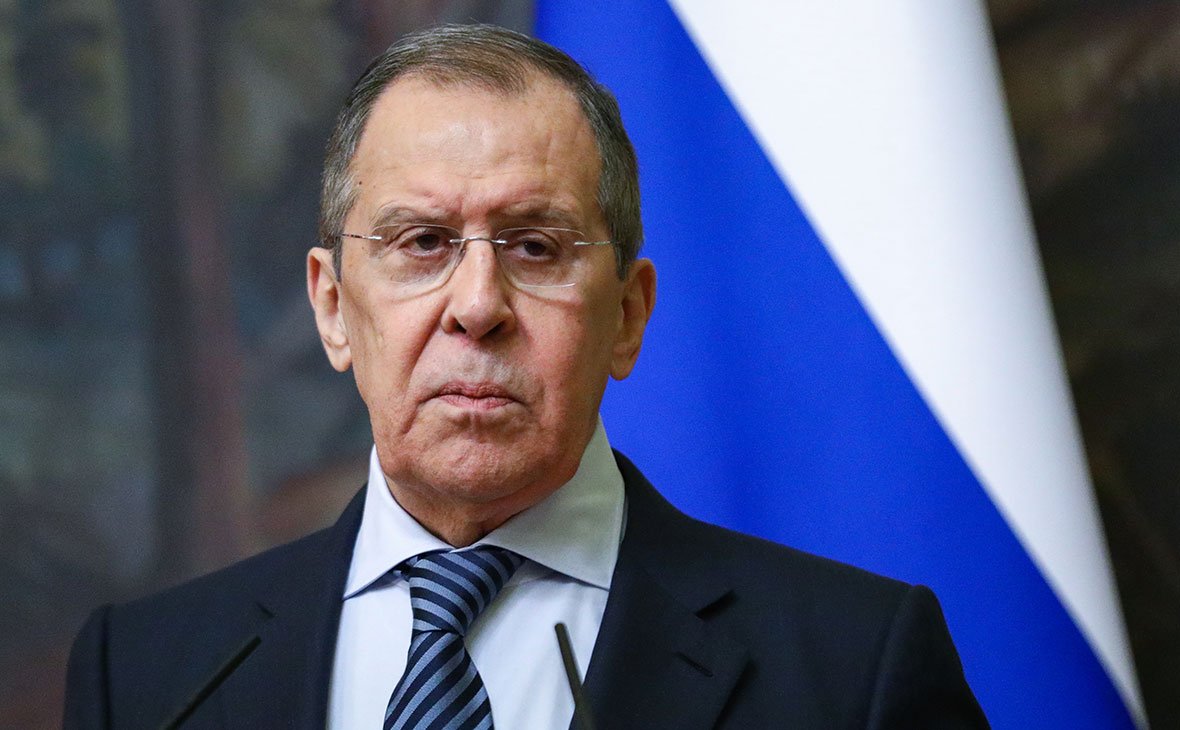Some Internet users attribute to the Russian Foreign Minister the phrase that thanks to the yoke the country managed to preserve its original culture. We have checked the origin of this quote.
In recent years, you can find many publications on social networks, the authors of which cite the words of Russian Foreign Minister Sergei Lavrov about the benefits of the Mongol-Tatar yoke for Russia. There are posts like this in Facebook, "VKontakte", "Odnoklassniki", Twitter, LiveJournal and on many other resources. Most often, the statement attributed to Lavrov is formulated as follows: “The Mongol-Tatar yoke saved Russia from dissolution in the West.”
The phrase being verified began to be attributed to Lavrov in early March 2016. On one of forums, where users discussed the minister’s “statement”, the commentator provided a link to note in the publication Lenta.ru, calling it the primary source. This publication, entitled “At the Crossroads of Key Trends,” appeared on March 3, 2016, and is largely a text written by Lavrov for the magazine “Russia in Global Affairs.” On the same day he appeared on website Ministry of Foreign Affairs, and three days later - at website the magazine itself.
The phrase that Internet users attributed to Lavrov could not be found in the original text. At the same time, the article contains the following paragraph: “Numerous scientific studies indicate a high—often higher than in Western European countries—cultural and spiritual level of development of the then (11th century - Ed.) Rus'. Its fit into the pan-European context is recognized by many prominent Western thinkers. But at the same time, the Russian people, having their own cultural matrix, their own spirituality, never merged with the West. In this regard, it is appropriate to recall the tragic and in many ways turning point era for our people of the Mongol invasion. Alexander Pushkin wrote: “The barbarians did not dare to leave enslaved Rus' in their rear and returned to the steppes of their East. Christian enlightenment was saved by tormented and dying Russia.” The alternative opinion of Lev Nikolayevich Gumilyov is also well known: that the Mongol invasion contributed to the formation of a renewed Russian ethnic group, that the Great Steppe gave us an additional impetus in development.”
Apparently, the statement being verified is a gluing together of several theses mentioned by the minister. First, Lavrov says that even before the Mongol invasion, “the Russian people... did not merge with the West.” He then quotes Pushkin as saying that Russia “saved” Europe from continued conquest (it is noteworthy that the poet’s unfinished article, from which Lavrov took the quote, called “On the insignificance of Russian literature”). After Lavrov, he presents another point of view on that historical period, expressed Lev Gumilev. The creator of the passionary theory of ethnogenesis believed that Rus' existed with the Mongol-Tatars in some symbiosis, although many researchers wrote about his work on this topic criticize.
Thus, the statement attributed to Lavrov is the result of an extremely inaccurate generalization, when one of the Internet users or authors in small media decided to formulate an entire paragraph from the minister’s article more succinctly, but in pursuit of form, distorted the content. Although the head of Russian diplomacy never merged Rus' with the West, in the retelling this choice is associated with the Mongol-Tatar invasion. The thesis about Rus', which saved Europe from the Horde, turned into the thesis about the yoke, which saved Russia from deeper integration with the West. Gumilyov’s “alternative opinion” cited by the minister, in turn, became the point of view of the diplomat himself.
Cover photo: press service of the Russian Foreign Ministry / TASS
Fake
- S. Lavrov. Historical perspective of Russian foreign policy
- Arzamas. 15 questions about the Tatar-Mongol yoke
If you find a spelling or grammatical error, please let us know by highlighting the error text and clicking Ctrl+Enter.







